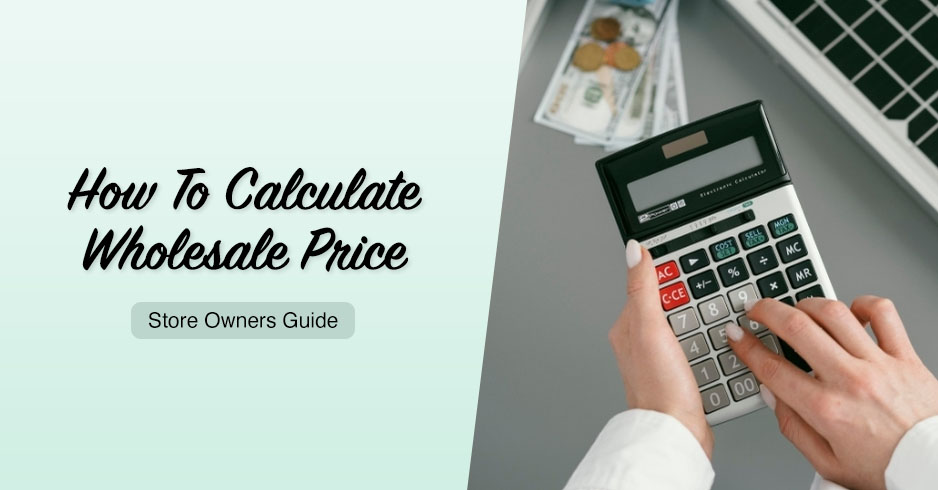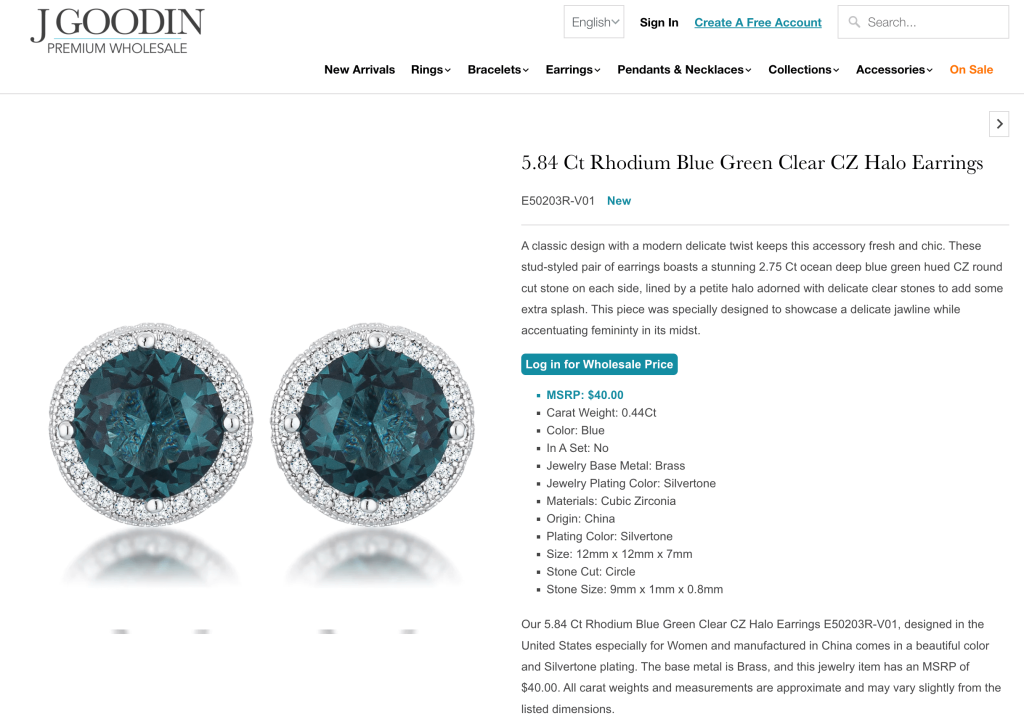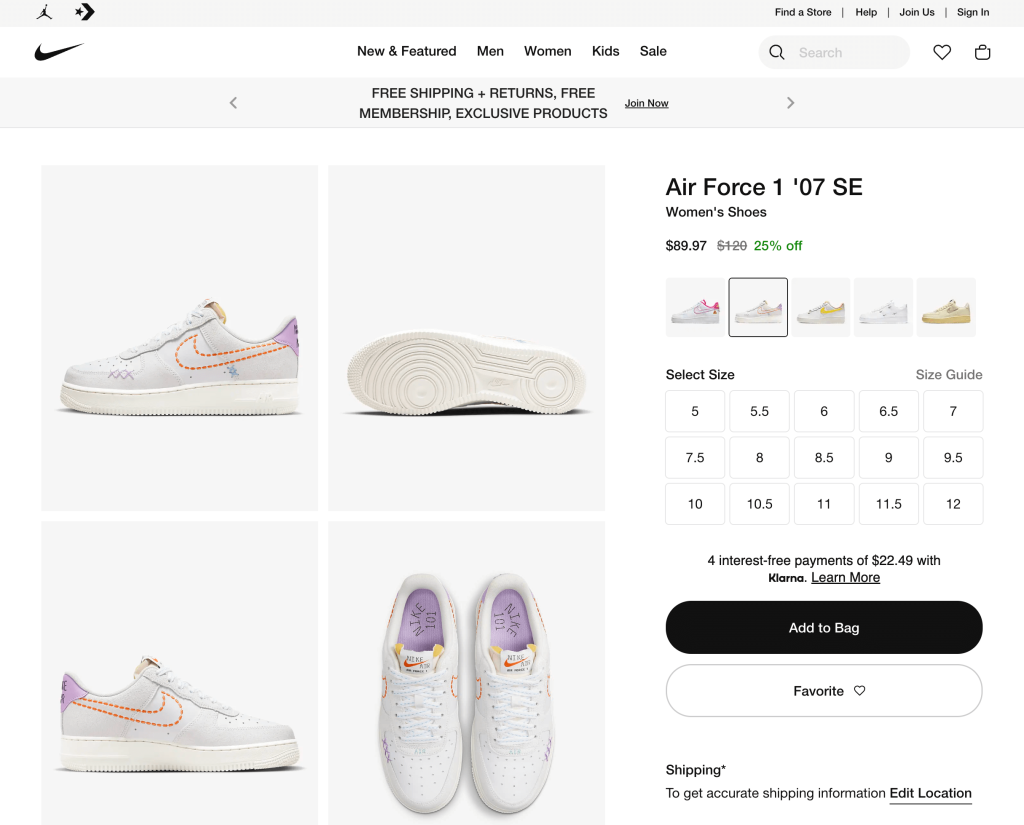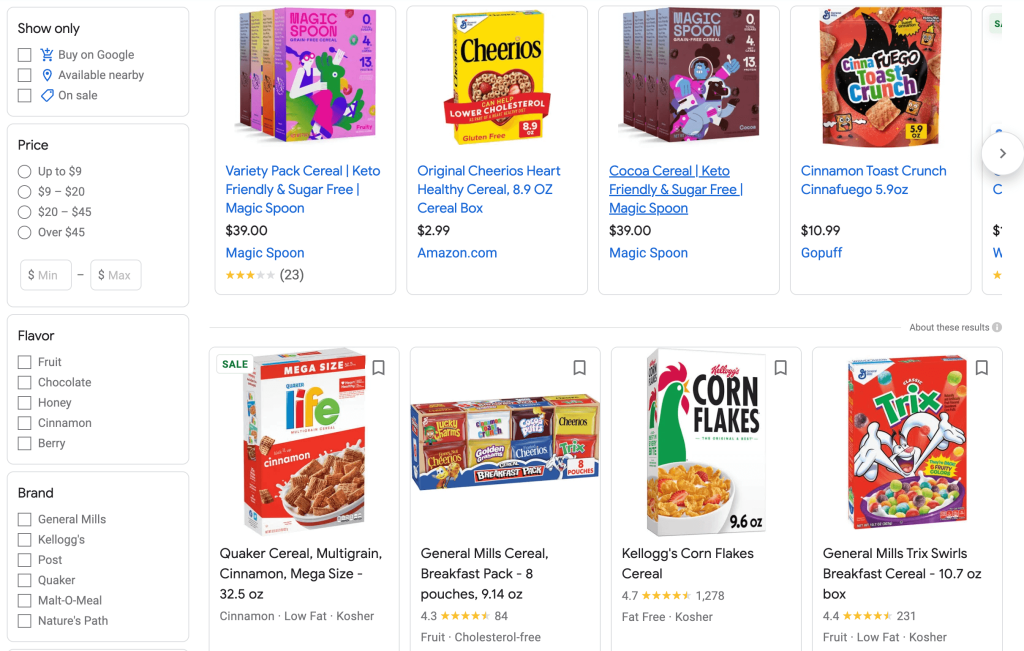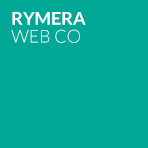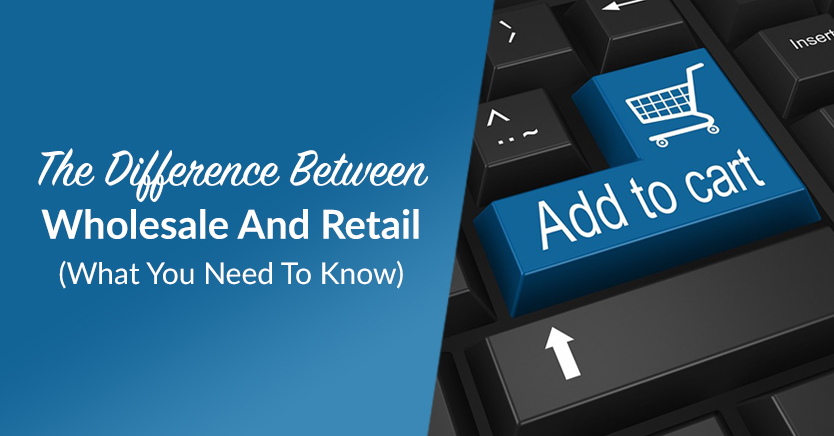
Once you decide to create an online business, you can start increasing your income. However, if you don’t know the difference between wholesale and retail, you could end up using the wrong business model. This won’t enable you to attract high-value customers.
Fortunately, you can easily decide between a wholesale and retail business model. Wholesalers will target other businesses that need a reliable supplier. However, retail stores sell products to individual customers at a higher markup.
In this post, we’ll explain the key difference between wholesale and retail businesses. Then, we’ll explain how to start your own wholesale business with Wholesale Suite. Let’s get started!
The 5 Factors Determining The Difference Between Wholesale And Retail Businesses
Below, we discuss the key factors that determine the difference between wholesale and retail businesses.
1. The target customer
To determine which business model you need to use, it’s important to figure out who your target customer is. Since wholesale and retail each sell to a different customer base, this step will set up your business for success.
A wholesale business sells goods to other businesses. Rather than marketing directly to the end customer, wholesalers provide bulk products for companies to sell themselves.
For example, you might supply items for a small business like a fashion store. In this case, the business will buy products like clothing or jewelry and resell them to its customers:
However, you may be more familiar with the retail business model. In retail, you’ll sell products directly to consumers. You’ll be responsible for targeting the right customer and encouraging them to buy items from your shop:
Retailers can gain customers with marketing and sales tactics. In contrast, wholesalers aren’t as concerned with a customer’s experience.
Put simply, wholesalers operate a Business-to-Business (B2B) ordering model. As a wholesale business owner, you won’t have to worry about advertising costs to bring customers into your store. And to run a wholesale business, you’ll only interact with retailers as your consumer base.
You may also read: 6 Different Types Of Wholesalers (A Complete Guide).
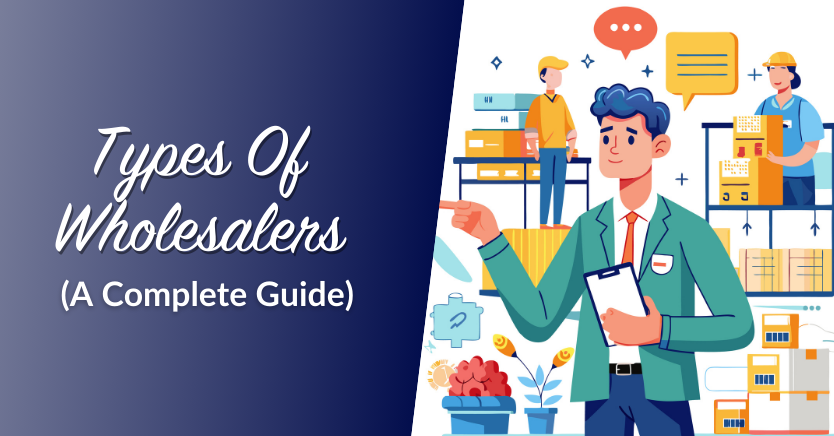
2. Pricing
Another key difference between wholesale and retail is pricing. In retail, businesses will buy items from a manufacturer and set a markup before reselling them to customers. To determine this retail markup, you’ll have to consider a few factors:
- Costs
- Labor
- Overhead
Retailers typically add a 55-65% markup for their products. When customers see product pricing, it accounts for the manufacturing as well as the retailer’s business costs and markup. Although retailers can make a higher profit margin than wholesalers, you’ll still have to consider what your average customer is willing to pay.
For wholesale pricing, you’ll make a profit based on what you charge retailers. Since retailers usually buy wholesale products in bulk, you can offer large quantities at a discounted price.
Wholesale prices usually are around 40% off the retail price. Although this leads to tighter profit margins, you can also set minimum order requirements and discounts for bulk orders. This can increase your business’s Average Order Value (AOV).
3. Level of support
Since wholesale and retail businesses have different customers, it makes sense that they’ll each need different levels of support. In general, wholesale customers require more attention.
In wholesale, your customers will be retailers. This means that they are looking for a consistent supply of high-quality products. To ensure you retain these customers, it’s important to offer effective customer service.
If you want to fulfill wholesale customer expectations, be proactive. In customer onboarding, you can provide pre-written content with sales literature, ordering sheets, and Frequently Asked Questions (FAQs). When something goes wrong, you’ll need to immediately fix the problem for your wholesalers.
On the other hand, retail customers don’t need this much support. Often, customers can purchase products without ever interacting with the business. However, it’s important to still have customer support channels for potential returns and other problems.
4. Customer loyalty
Compared to retail businesses, wholesale brings in more loyal customers. Businesses need a reliable product supplier, so they’ll likely partner with a high-quality wholesaler for a long time.
If you want to have loyal customers, consider creating a wholesale business. Once you provide an efficient ordering process and high-quality products, retailers will want to make repeat purchases. Plus, you can provide incentives for customers to increase their order frequency.
Generally, retail customers find the products they need and purchase them one time. Unless you have a subscription-based business or a recurring sales model, it can be more difficult to accumulate loyal customers.
You may also read about “How To Retain Customer Loyalty: 7 Proven Strategies.”
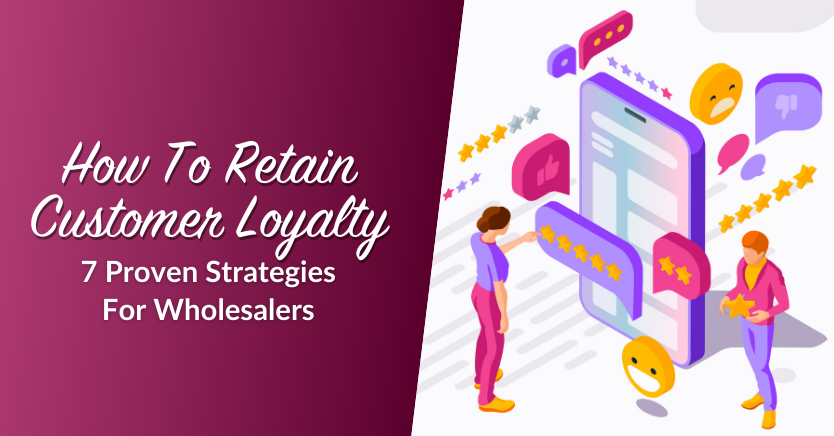
5. Competition
When you want to start a retail store, keep in mind that you’ll probably have a high level of competition. Other retail stores will likely sell a similar product in your niche. If you want to be successful, you’ll need to find ways to make your business stand out.
For example, a customer might be looking to buy breakfast cereal. They can search online for thousands of different stores that offer this product:
However, wholesale can be less competitive. Taking the same example, a cereal manufacturer would compete with around 70 brands instead of over 60,000 grocery stores.
Rather than competing with other stores, you’ll compete with different wholesalers. This can significantly reduce your number of competitors and allow you to find high-value clients.
Advantages And Disadvantages Of Wholesale Vs. Retail
When starting a business, one of the biggest questions people face is whether to choose wholesale or retail. These two paths each have their own good and bad sides. Understanding the difference between wholesale and retail can help you make the right choice from the start.
Selling wholesale
Wholesale often requires a bigger investment upfront. You usually need to buy large amounts of products, find space to store them, and be ready to deal with other businesses. On the bright side, wholesale allows you to sell in bulk. Even if the profit from each item is lower, you sell many items at once, so the total income adds up faster. You also get to work with fewer customers, which can make things more manageable. These customers usually order again and again, helping you form strong and steady relationships.
Selling retail
On the other hand, retail can be a good way to start small. You can begin with a small stock and grow over time. Retail allows you to sell products directly to people who use them. This usually means you earn more per item. However, you also need to spend more time on advertising, talking to customers, and handling returns or complaints. Since you’re selling to regular shoppers, you deal with more people. That can take more effort and time each day.
What works?
When it comes to scaling up, wholesale is often faster because you only need a few big clients to increase your sales. With retail, you have to grow your customer base one person at a time. Still, retail carries less risk at the beginning since you can start with a smaller budget and learn as you go. In short, wholesale fits those who want to move big amounts quickly and handle fewer clients, while retail suits those who wish to begin small and work directly with consumers.
Which Business Model Is Right For You?
If you’re still unsure which path fits you better, think about your daily work style, your starting budget, and how you want your business to grow. Choosing between wholesale and retail is not always easy, especially if you’re starting. But taking a step back and thinking clearly about your strengths can help.
You should consider wholesale if you like working with other businesses and prefer building long-term partnerships. Wholesale is also a good fit if you are comfortable investing more money upfront and want to move large amounts of stock. If dealing with logistics, storage, and contracts sounds exciting, then wholesale might be a better match.
Retail could be the right choice if you enjoy talking to customers and handling product displays, promotions, or small daily sales. It is a good way to begin with lower risk and slowly test what works for your market. If you are creative, like working with shoppers, and want complete control over your brand’s message, retail offers more freedom in that area.
Choosing the right business model depends on your personal style and comfort level. Some people enjoy the fast-paced and public nature of retail. Others feel more at home managing behind the scenes in wholesale. There’s no right or wrong choice, only the one that fits your goals, resources, and what kind of business life you want to build.
You may also try reading about: 8 Proven E-Commerce Business Models That Can Lead To Success.
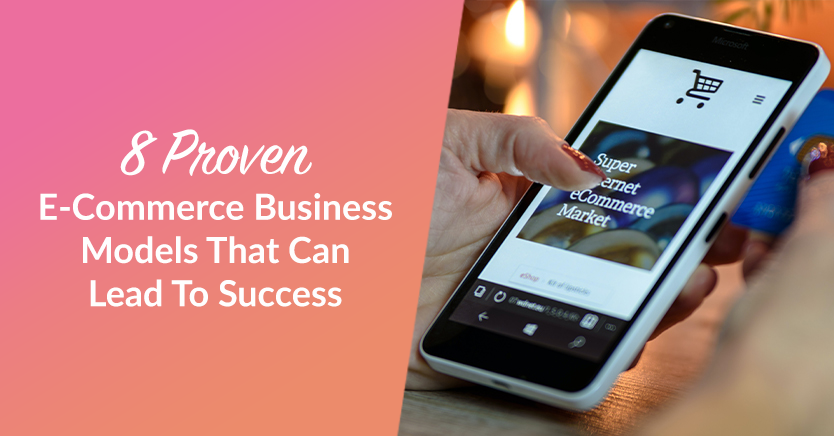
How To Start A Wholesale Business
By selecting the right business type, you can target the right customers and start raking in high profits. If you plan to sell bulk products to retailers, you’ll want to create a wholesale business. This business model will enable you to work directly with other businesses instead of customers.
To easily turn your online store into a wholesale business, consider installing Wholesale Suite. Our plugin bundle will enable you to set wholesale pricing, change product visibility, create order forms, and much more:
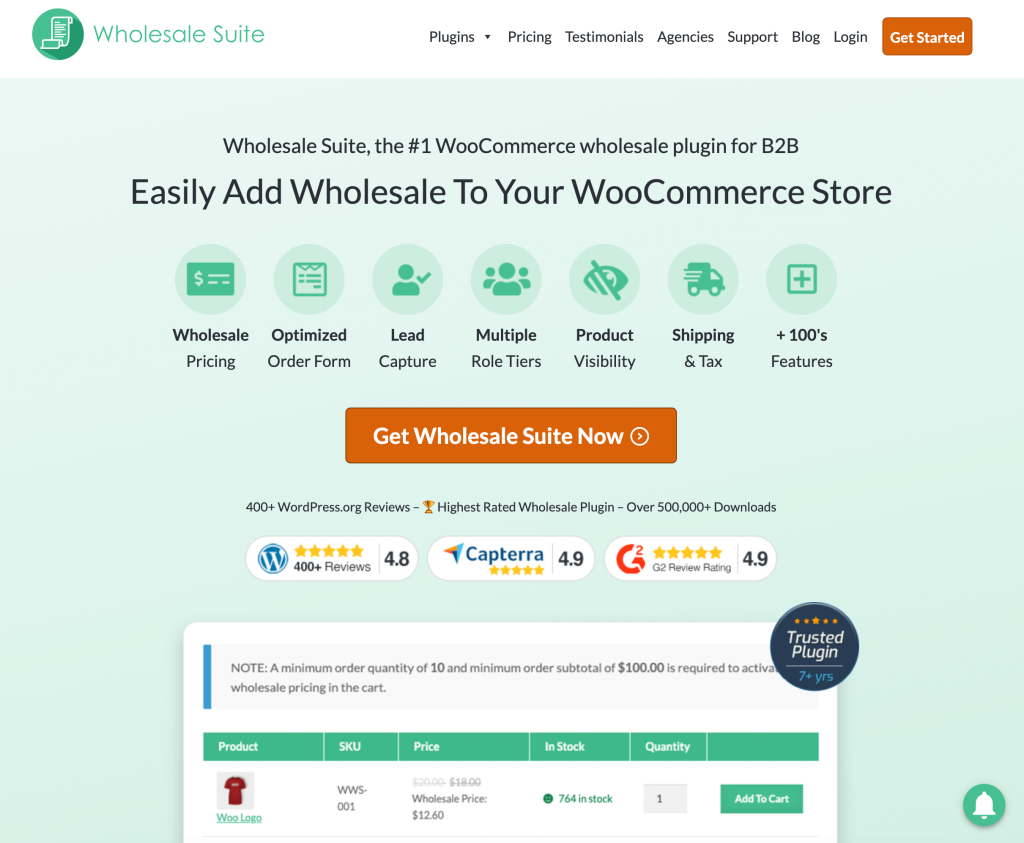
After you install Wholesale Suite, you can start creating wholesale customer roles. Then, you’ll be able to hide prices, set minimum order quantities, and easily build a successful wholesale business!
Frequently Asked Questions
What is the main difference between agents, wholesalers, and retailers?
The main difference is in how they work in the sales process. Agents help sell products for someone else but do not own the goods. They connect buyers and sellers and earn a commission. Wholesalers buy goods in large amounts from manufacturers and sell them in bulk to other businesses. Retailers buy from wholesalers or directly from manufacturers and sell in small quantities to customers who use the product.
What is the difference between wholesale and retail intermediaries?
Wholesale intermediaries sell products in bulk to businesses. They act as the middle step between the manufacturer and the retailer. Retail intermediaries, on the other hand, sell goods directly to customers. They are the last step in the sales chain and work with everyday shoppers, not businesses.
What is the difference between a manufacturer, wholesaler, and retailer?
A manufacturer is the one who makes the product. A wholesaler buys those products in large amounts and sells them to other businesses. A retailer buys from wholesalers or manufacturers and then sells to the final customer. So, the product moves from the manufacturer to the wholesaler, then to the retailer, and lastly to the consumer.
Conclusion: The Difference Between Wholesale And Retail
Choosing the right business model is an important first step in creating an online store. Both wholesale and retail stores sell products, but they have a different customer base, pricing, and competition level.
To review, here’s the difference between wholesale and retail business models:
- The target customer: While retail stores sell to customers, wholesalers partner with other businesses and companies.
- Pricing: Retail stores can mark up their products to gain a higher profit margin. However, wholesale businesses sell bulk products at 40% off the retail price.
- Level of support: Wholesale customers generally require more support.
- Customer loyalty: Since retailers need a steady supply of products, they will be more loyal customers for wholesale businesses.
- Competition: Retail stores will compete with many other businesses that sell similar products. On the other hand, there are fewer wholesale competitors.
Do you have any questions about how to tell the difference between wholesale and retail? Let us know in the comments section below!

